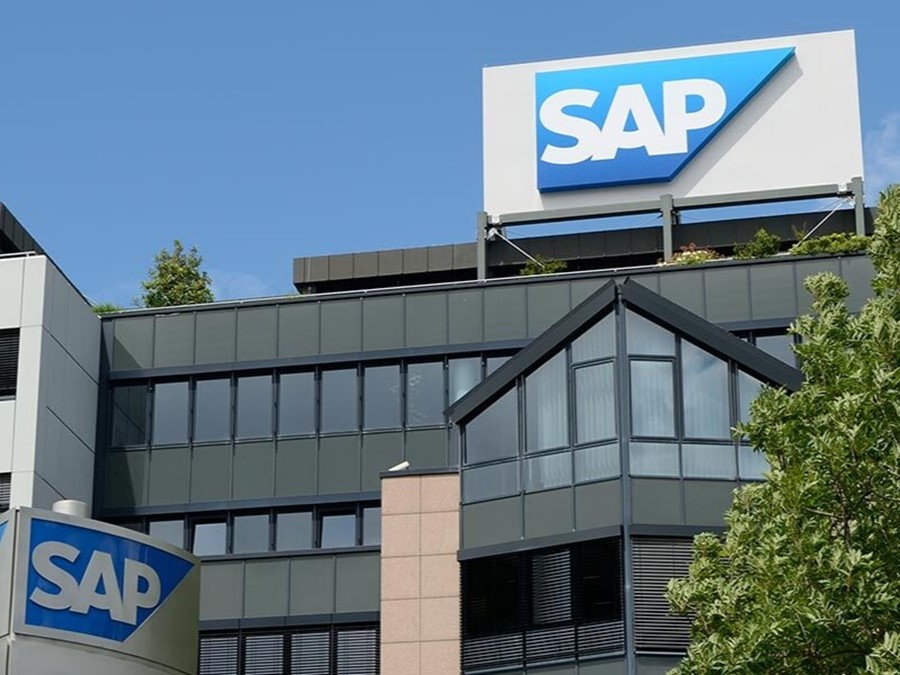In a significant move poised to transform enterprise data management, SAP SE has unveiled the SAP Business Data Cloud, developed in collaboration with Databricks. This innovative solution aims to unify SAP and third-party data across organisations, providing a trusted foundation for impactful decision-making and advancing artificial intelligence (AI) capabilities.
The partnership between SAP and Databricks represents a major shift in enterprise data management, bringing together two industry leaders to revolutionise the way applications and data platforms interact. By natively embedding Databricks’ technology, the new solution enhances data engineering, machine learning, and AI workloads, enabling businesses to extract greater value from their data ecosystems.
SAP CEO Christian Klein highlighted the transformative potential of this partnership, stating, “SAP Business Data Cloud unleashes the full value of enterprise data for Business AI. It combines SAP’s unique expertise in mission-critical, end-to-end processes and semantically rich data with Databricks’ world-class data engineering capabilities to create a ground-breaking solution that helps organisations do more with their data than ever before.”
Ali Ghodsi, co-founder and CEO of Databricks, echoed this sentiment, noting, “Every company on the planet wants to get more value out of their data and greater returns on their AI investments. By joining forces with SAP, we’re helping organisations bring together all their data — regardless of format or where it lives — to govern, analyse and build domain-specific AI applications on the Databricks Data Intelligence Platform.”

The SAP Business Data Cloud is designed to harmonise data from critical applications, integrating data engineering and business analytics to foster innovation and insights. A key feature is the delivery of fully managed SAP data products across various business processes, such as finance, supply chain, and human resources. These data products retain their original business context and semantics, offering immediate access to high-quality data without the need for costly extraction processes.
For instance, a chief financial officer assessing the impact of rising inflation on profitability can utilise the Business Data Cloud to integrate real-time external data, like the consumer price index, with financial data products such as general ledger accounts or cost centres, creating a comprehensive financial overview.
Markus Hartmann, corporate vice president and head of Business Technology at Henkel, expressed enthusiasm about the new solution. He said, “SAP Business Data Cloud will help us unlock the value of our data and drive innovation across our business. Its semantically rich data products and deep Databricks integration will enhance our existing data products and empower us to model scenarios and leverage AI insights, building a sustainable future for our data ecosystems.”
Additionally, the Business Data Cloud enhances SAP’s generative AI copilot, Joule, by providing a high-quality enterprise dataset and the SAP Knowledge Graph. This integration enables Joule to better understand end-to-end processes and collaborate across functions to address complex business challenges.
SAP has also introduced a series of ready-to-use Joule agents across finance, service, and sales within the SAP Business Suite. In finance, for example, these agents can expedite tasks such as processing claims and improving cash flow. Furthermore, a new agent builder capability allows customers to develop and deploy their own AI agents alongside SAP’s existing library.
This collaboration between SAP and Databricks represents a significant advancement in enterprise data management, offering organisations enhanced tools to leverage their data assets and drive AI-powered innovation. ![]()
